Bio vs Non Bio: What's The Difference and Which Should You Choose?

When it comes to laundry, one question comes up time and time again - should you use bio or non-bio detergent? If you've ever stood in the supermarket aisle wondering which is best for your family, you’re not alone.
This guide will break down the difference between bio and non-biological laundry detergent, explain which one is best for different laundry needs, and help you make the switch to a cleaner, safer, and more eco-friendly wash.
👉Try Laundry Sheets for just 95p
What is Bio Laundry Detergent?

Bio detergent contains enzymes—tiny proteins that break down stains and dirt at lower temperatures. These enzymes target common household stains like food, grass, and sweat, making bio detergents highly effective even in cold washes.
✅ Best for: Stubborn stains, activewear, and family laundry.
✅ Works well at lower temperatures—helps save energy.
🚫 Not ideal for: Sensitive skin or delicate fabrics like wool and silk.
While bio detergents can be effective for stain removal, they aren’t always the best choice for families with sensitive skin or those looking for a gentler alternative.
👉 Get our stain removal guide, over 200 stains covered with easy to use tips and hacks
What is Non-Bio Laundry Detergent?
Non-bio detergent does not contain enzymes, making it a gentler choice for sensitive skin and delicate fabrics. Thanks to modern formulations, non-bio detergents can remove stains effectively at any temperature, just like bio detergents, without the risk of irritation.
✅ Best for: Baby clothes, delicate fabrics, and households with sensitive skin.
✅ Kinder to skin—ideal for eczema sufferers and young children.
✅ Just as effective as bio detergent without the use of enzymes.
At The Green Co, we offer non-bio laundry sheets because they provide an effective clean the mess-free way while being gentle and safer for sensitive skin.
👉 Want a gentle, non-bio alternative? Try Laundry Detergent GreenSheets™ for a powerful clean, minus the irritation.
Bio vs Non-Bio: What's The Difference?

In a nutshell, the primary difference between bio and non-bio detergents lies in the presence or absence of specific enzymes.
The choice between the two depends on individual laundry needs. Bio detergents are more effective for heavily soiled items and low-temperature washes, while non-bio detergents are gentler and better suited for sensitive skin and delicate fabrics.
Whether one is better than the other depends on your specific laundry requirements.
Bio detergents are a go-to for tough stain removal and energy efficiency, while non-bio detergents are the best choice for those with sensitive skin or for washing delicate items.
Understanding the difference between bio and non-bio laundry detergents, and the role of enzymes, is essential for making informed decisions about your laundry care.
Both types have their unique benefits and uses, making them suitable for different washing needs and preferences.
👉Explore our range of eco-friendly cleaning products here.
Which One Should You Choose?
The best choice depends on your household needs. If tough stains are your main concern, bio detergent may work well. But if you’re washing baby clothes, delicate fabrics, or have sensitive skin, non-bio is the way to go.
At The Green Co, we believe non-bio is the best everyday option—it’s gentle on skin, gentle on your clothes to help them last longer and doesn’t compromise on effectiveness.
Your FAQs answered
What’s non-bio washing powder?
Non-bio washing powder is a detergent without enzymes, making it softer on fabrics and gentler on sensitive skin.
Is bio or non-bio detergent better for sensitive skin?
Non-bio is the safer choice if you or your family members have eczema or sensitive skin.
Can non-bio detergent still remove stains?
Yes! Non-bio detergents are just as effective at stain removal as bio detergents—without the need for enzymes.
Is bio or non-bio more eco-friendly?
Both can be eco-friendly, depending on the brand. GreenSheets™ are non-bio and made from natural ingredients, making them a gentle yet effective choice for both your home and the planet.
Our Non Bio Ingredients

We break down our non bio ingredients below. We explain what each natural ingredient is and what it does.
-
Organic Dodecyl Salt: This is a surfactant derived from natural sources. Surfactants are compounds that lower the surface tension between two substances, such as a liquid and a solid, making it easier to remove dirt and stains from fabrics.
-
Palm-Free Decyl Glucoside: This is a mild and biodegradable non-ionic surfactant made from glucose and decanol, a fatty alcohol derived from coconut. It's known for its gentleness on skin and effective cleaning properties.
-
Coconut Oil Derivative (Cocoamidopropyl Betaine): This is another surfactant in your product, derived from coconut oil. It's commonly used in personal care products due to its gentle nature and ability to create foam and lather.
-
Water: Used as a solvent in the sheets.
-
Glycerol: Also known as glycerine, this ingredient acts as a humectant, helping to retain moisture in the product.
-
Polyvinyl Alcohol: This is a water-soluble synthetic polymer used to create the film that encases the detergent. It dissolves in water and releases the detergent.
-
Trisodium Citrate: Used primarily as a water softener and to adjust the pH of the product.
- Parfums: These are fragrances added to give the sheets a pleasant smell. Our options include fresh linen and lavender.
The Simple Choice for Cleaner Laundry
Choosing between bio vs non-bio comes down to your laundry needs. If you want an enzyme-powered deep clean, bio is great for everyday stains. If you need something gentler for sensitive skin or delicate fabrics, non-bio is your best bet.
👉Our GreenSheets™ are non-bio, vegan, and made for sensitive skin. See the full range here.


























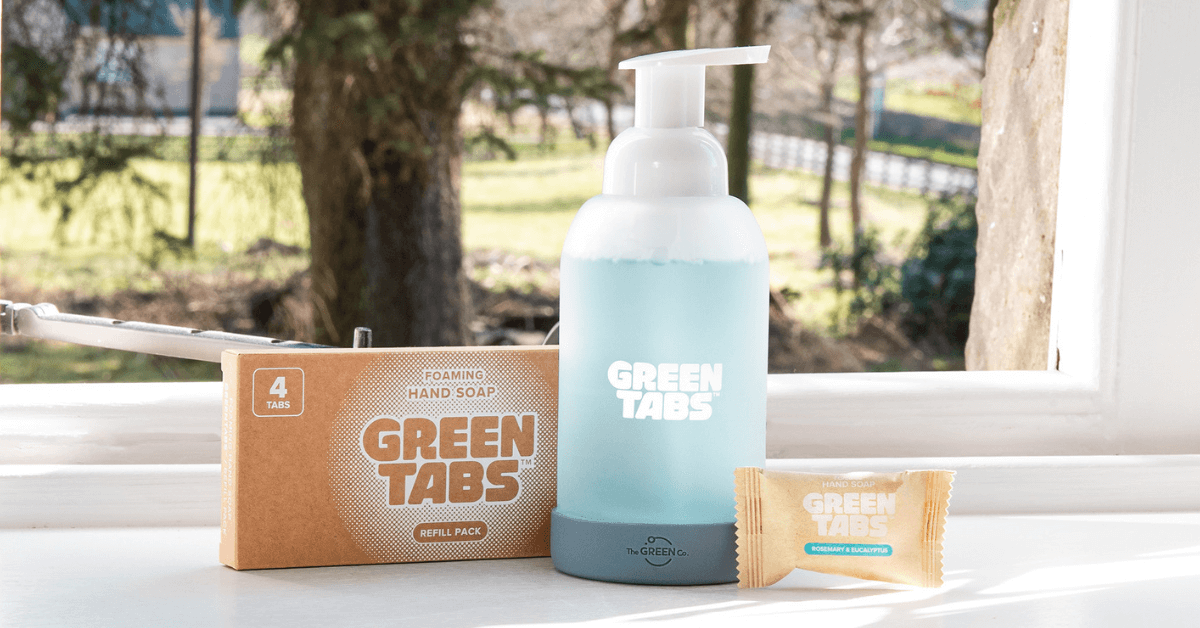
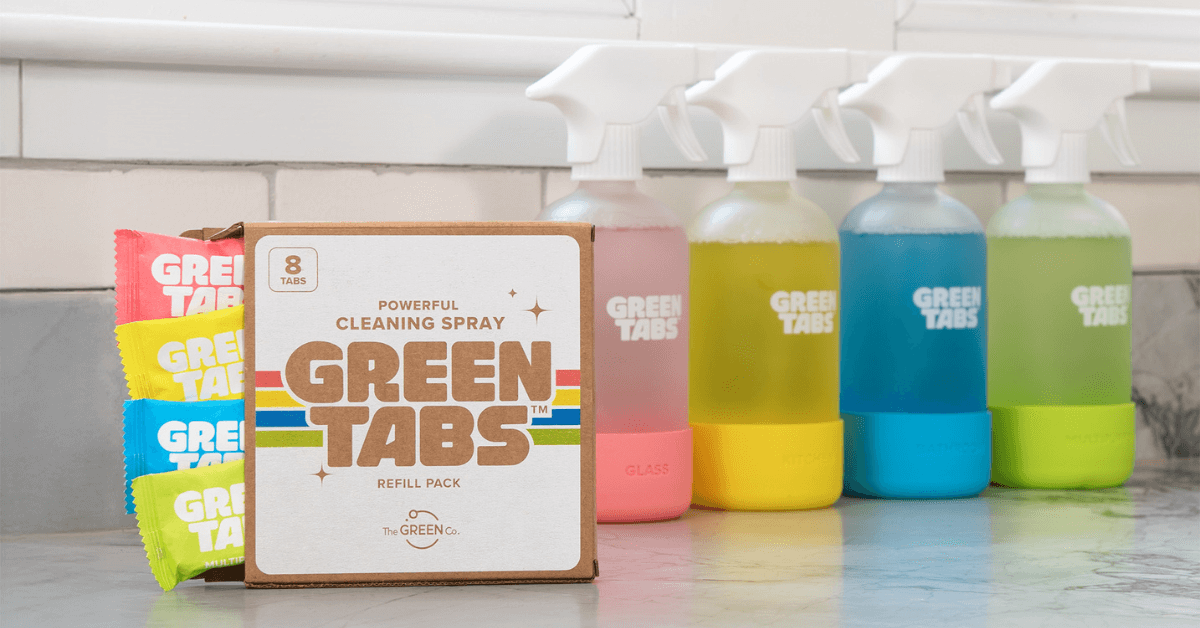


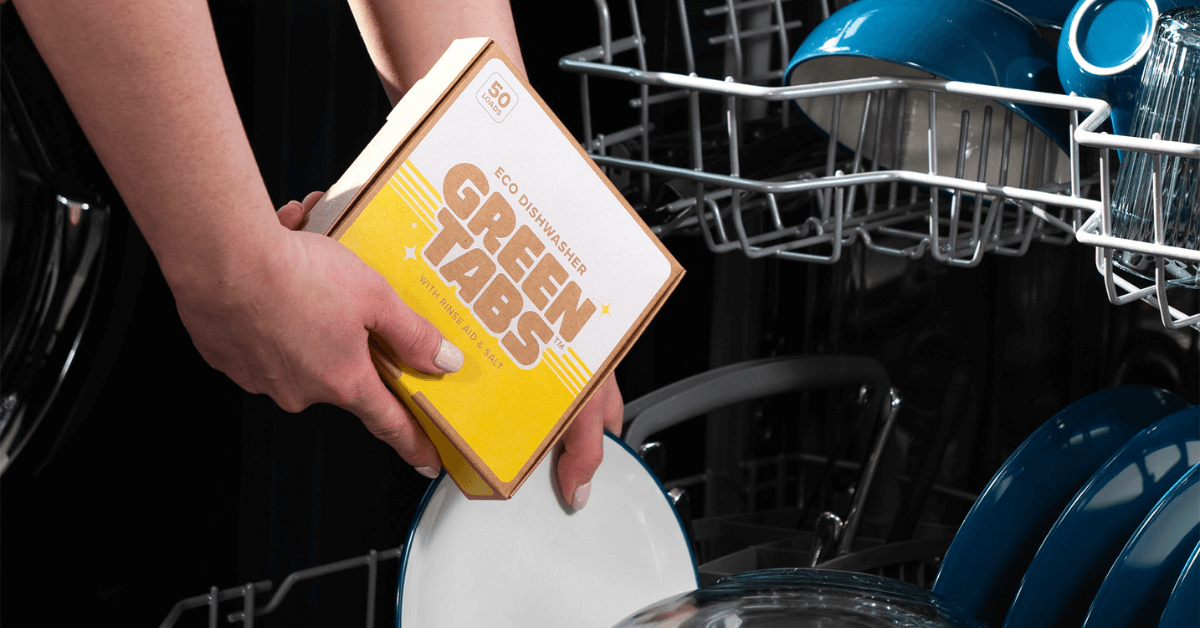
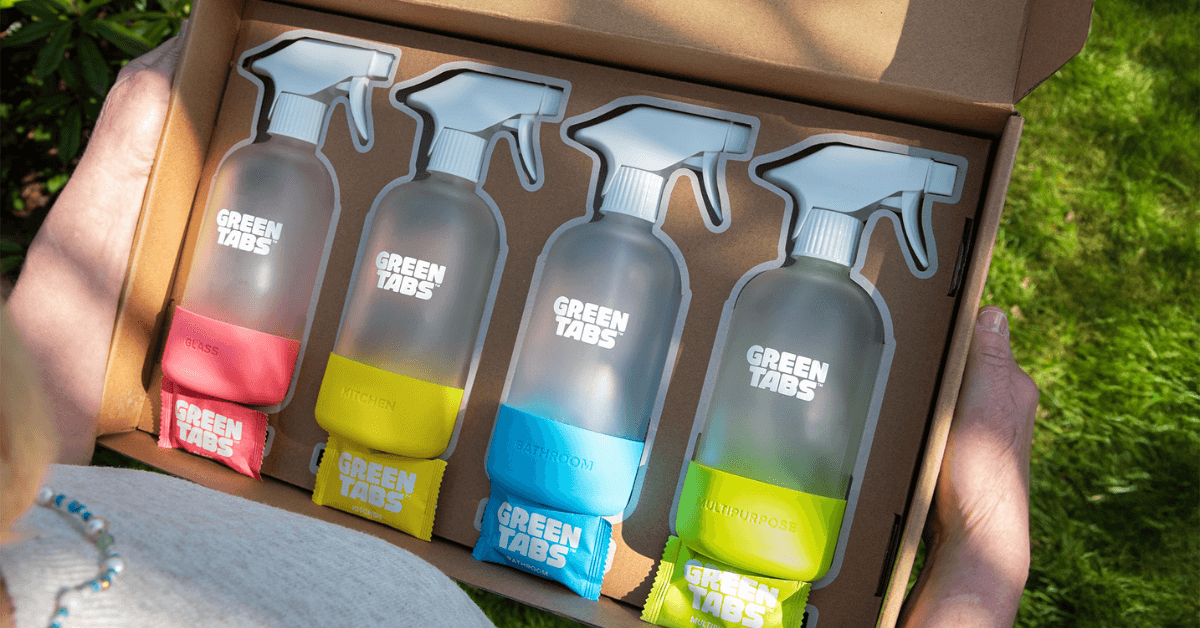
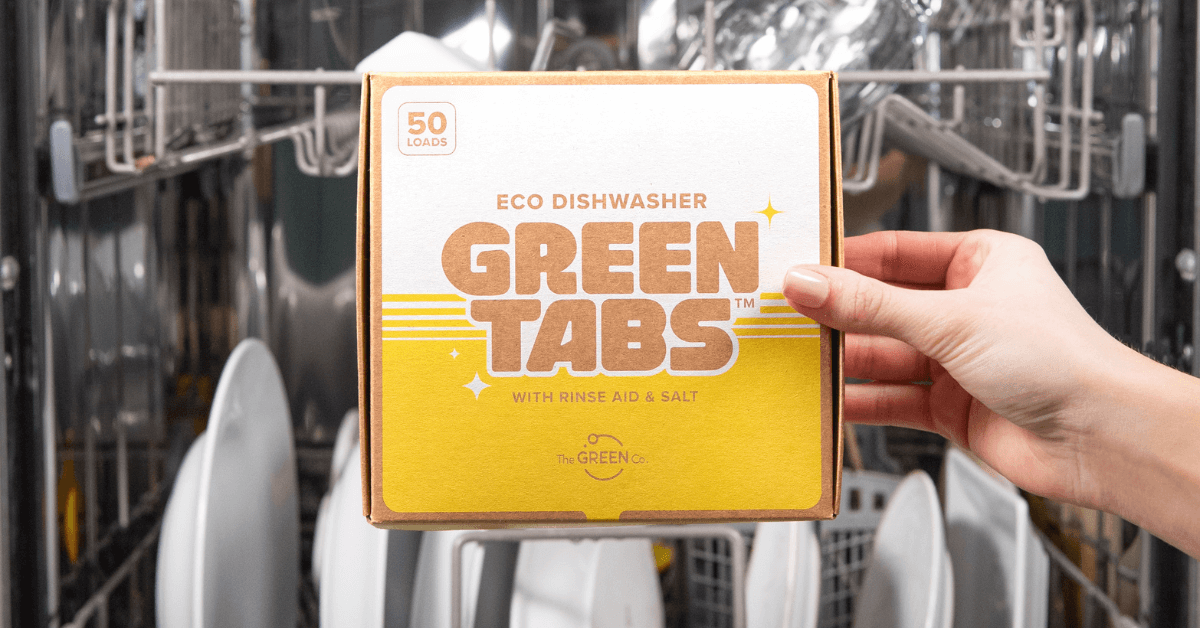
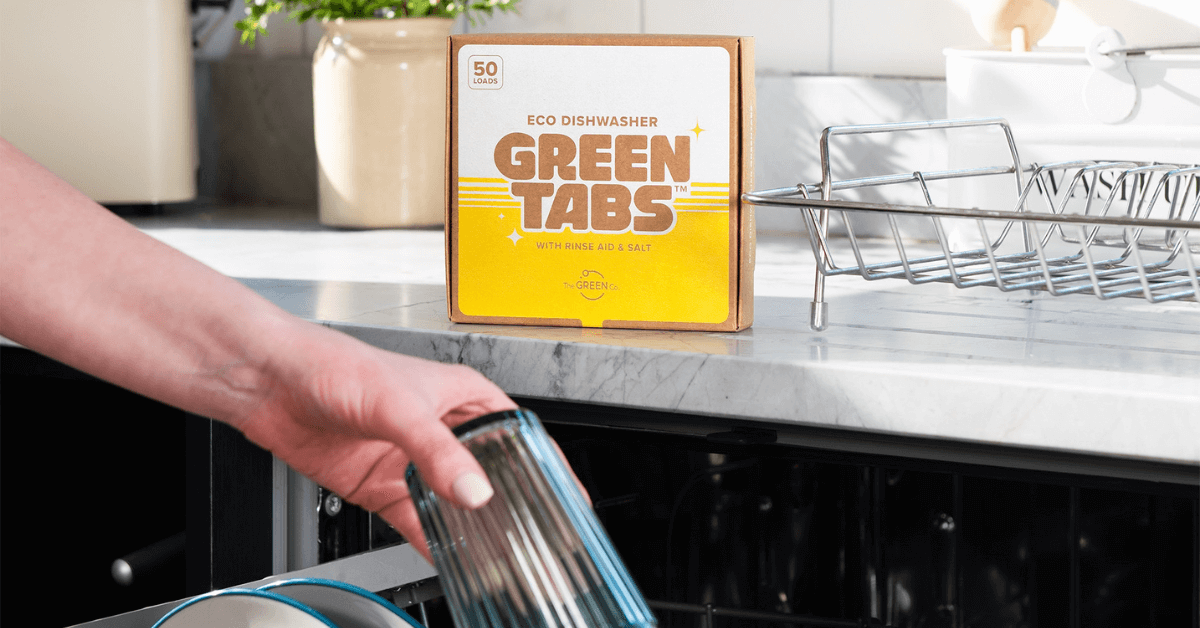

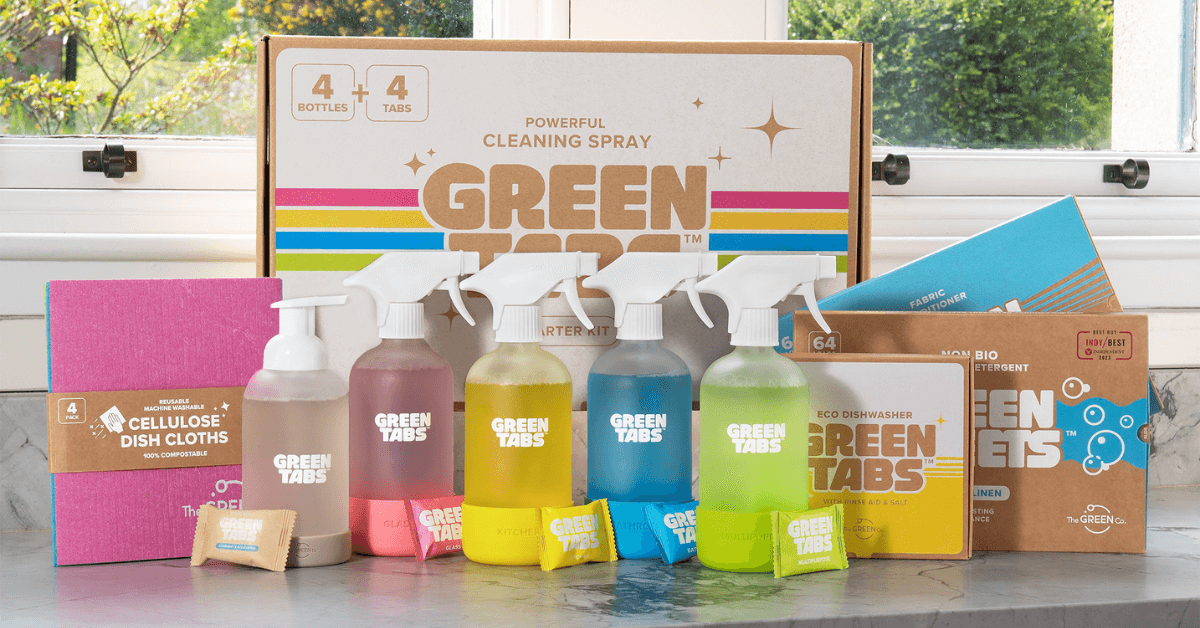
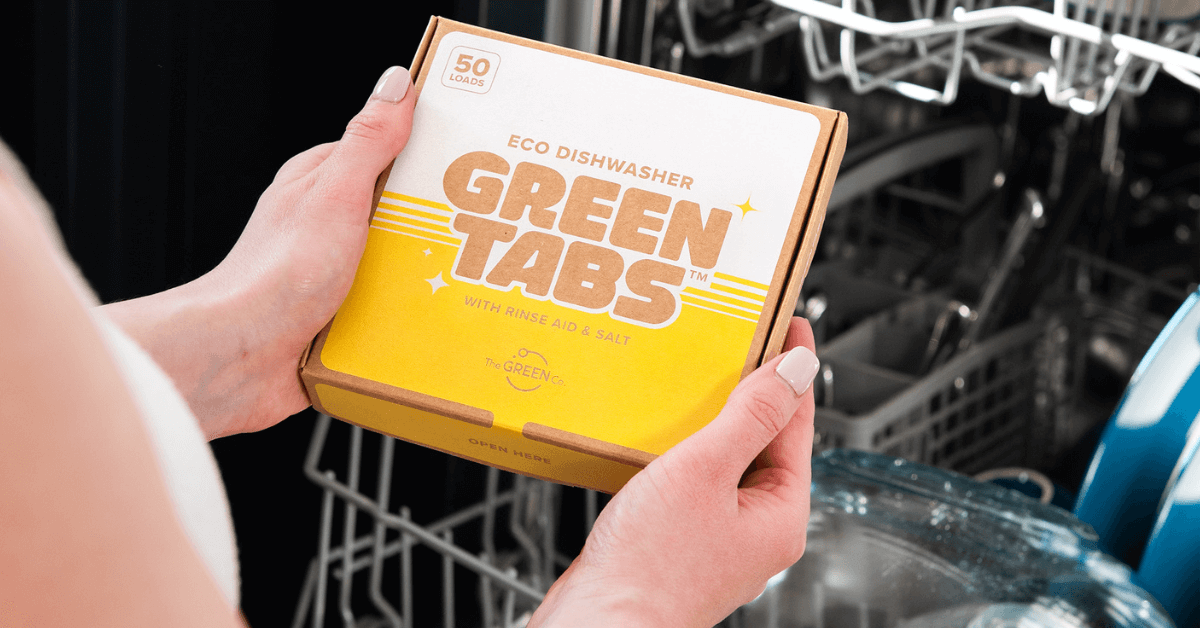
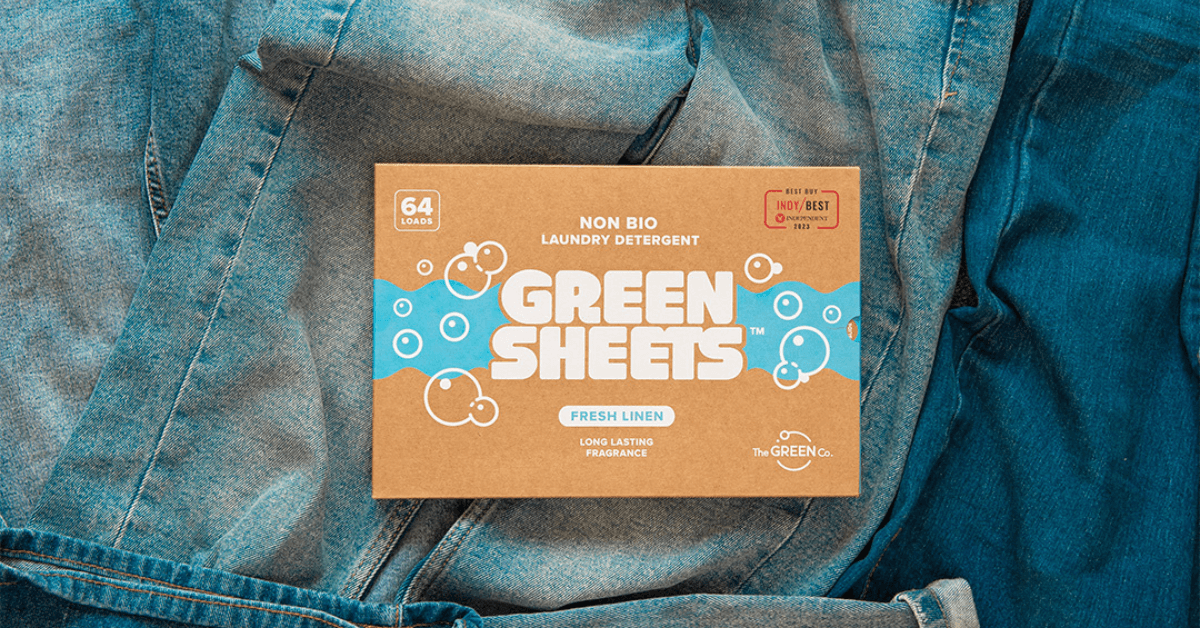
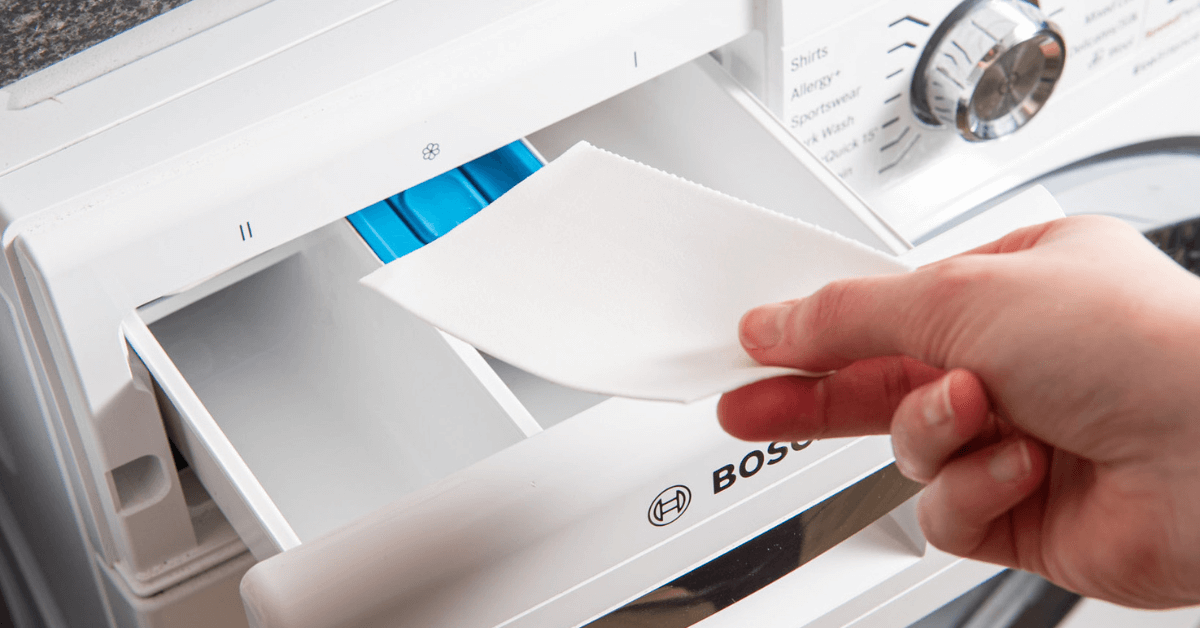
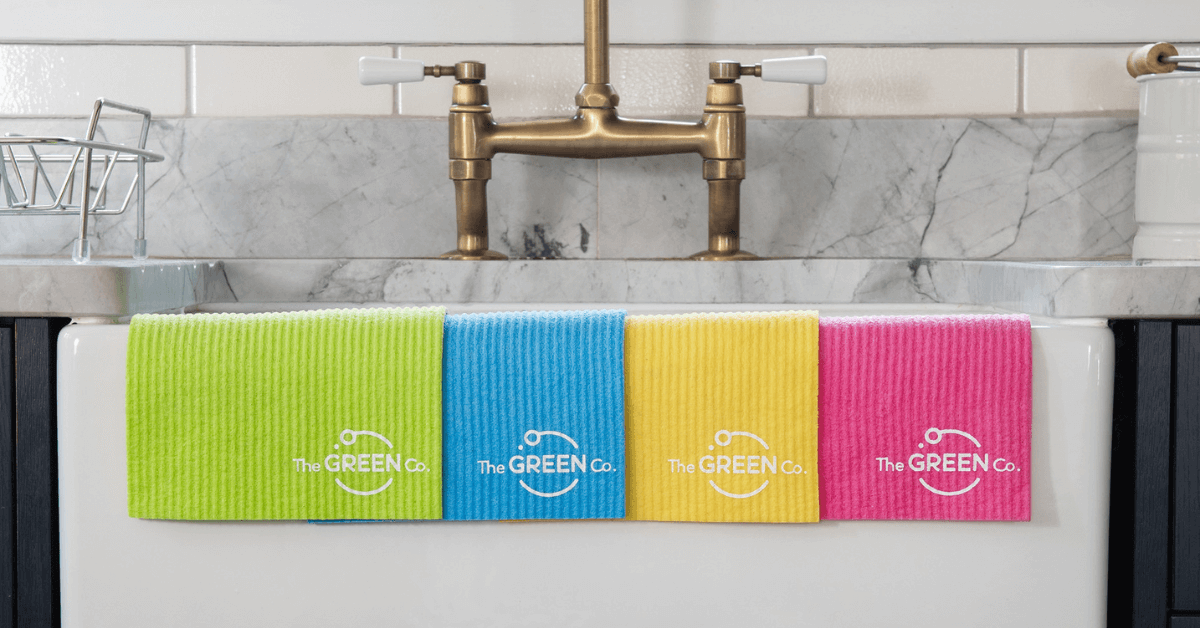


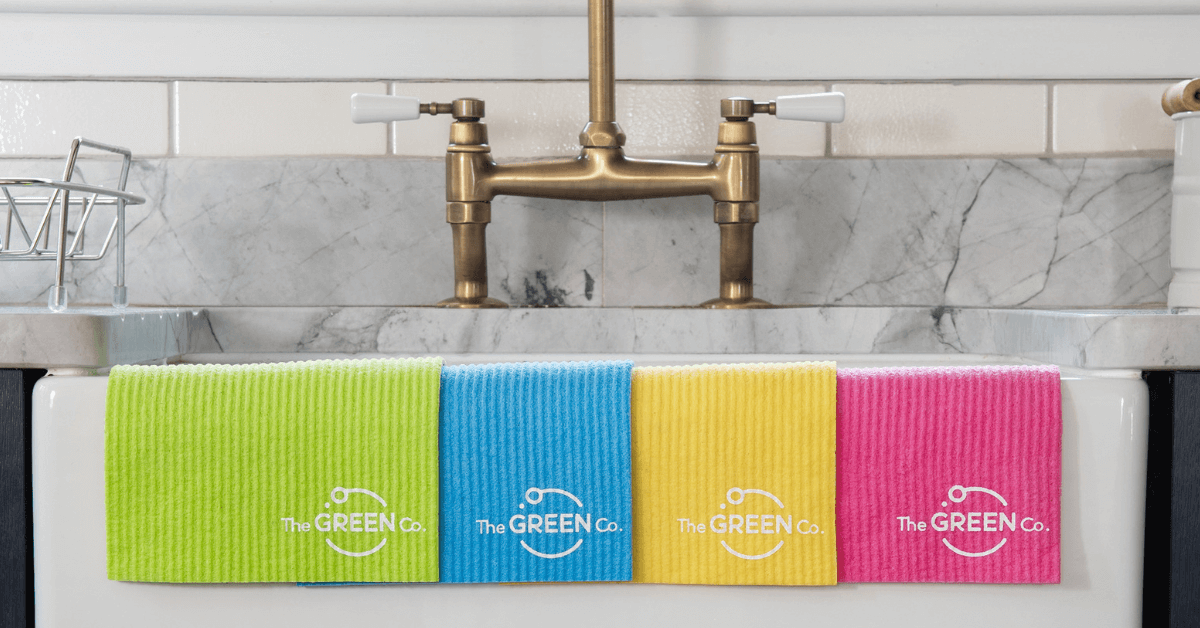


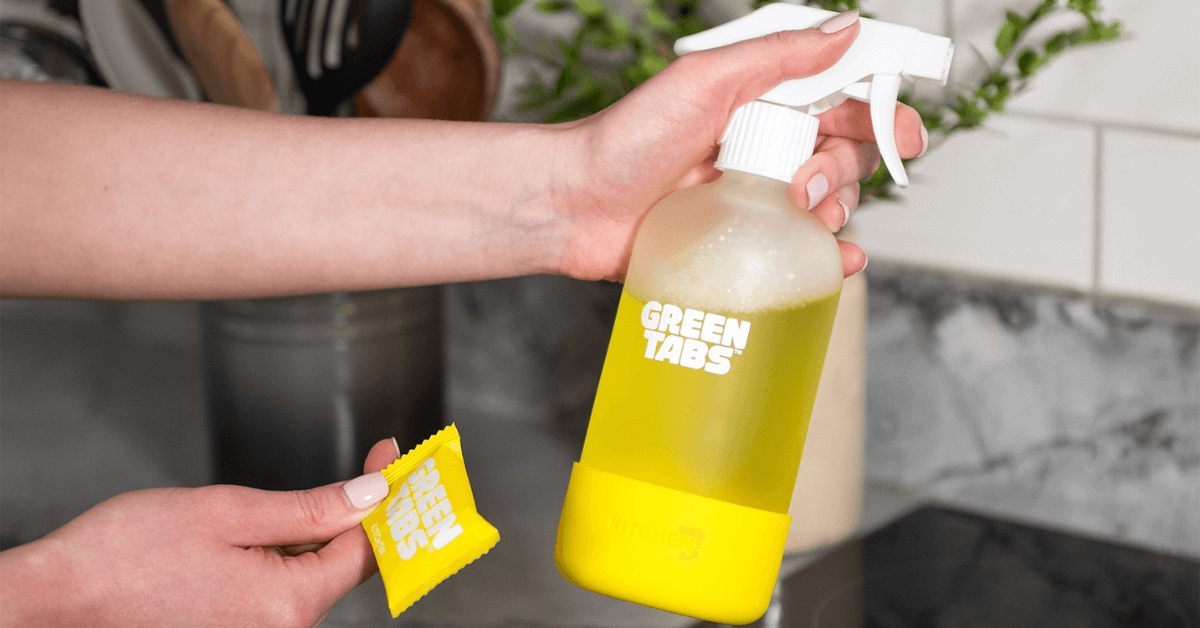
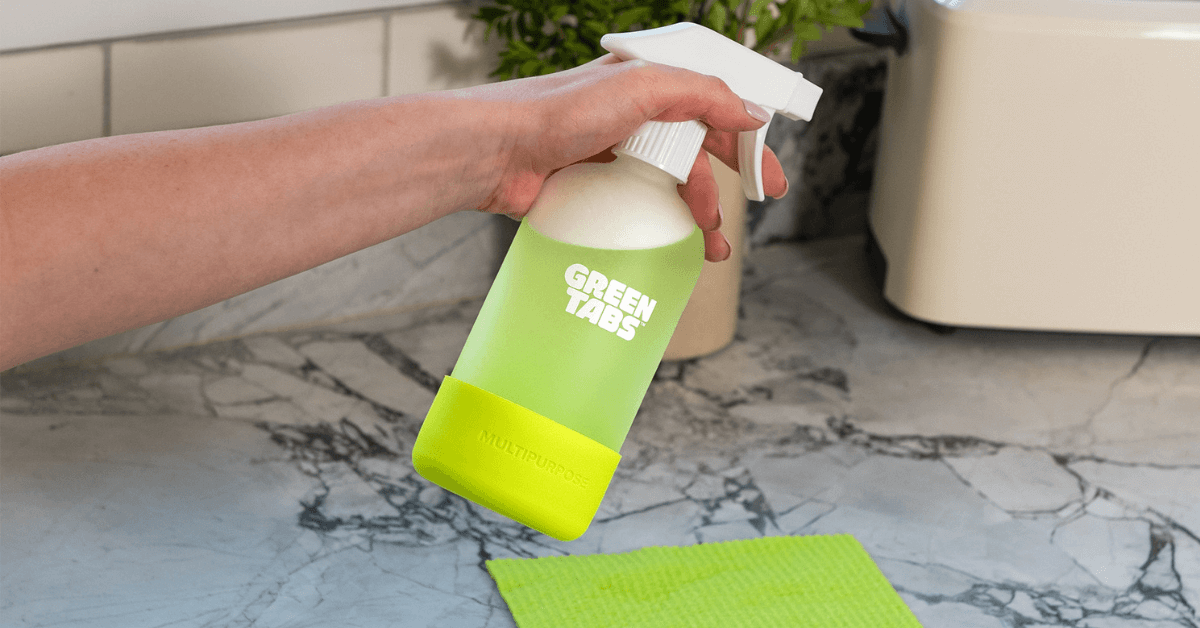
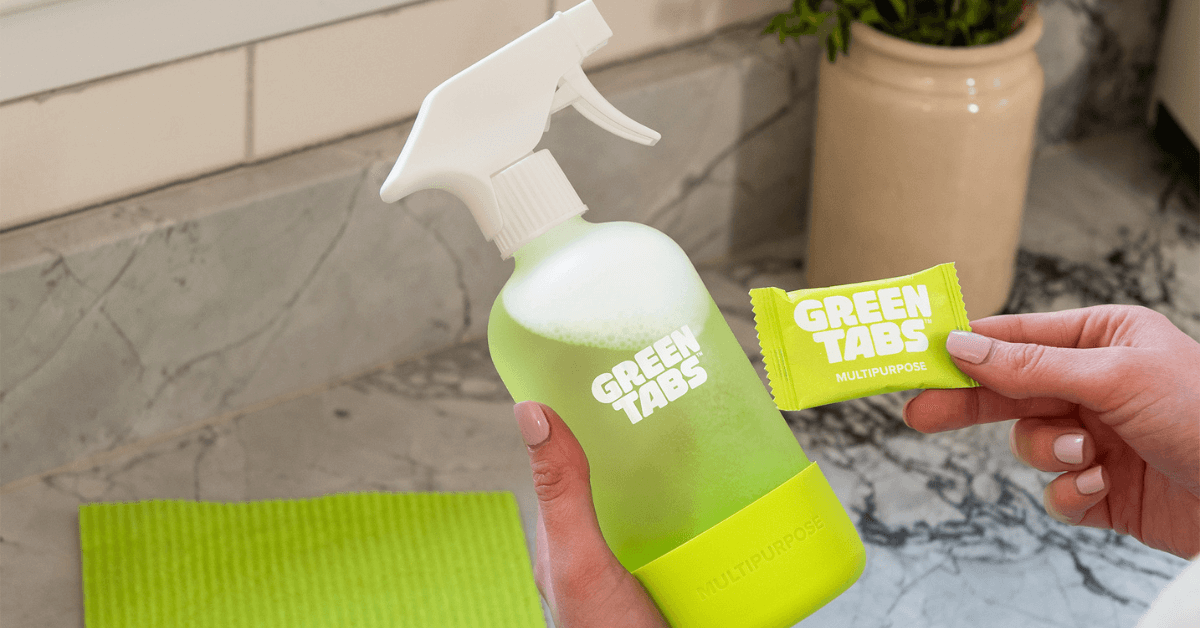
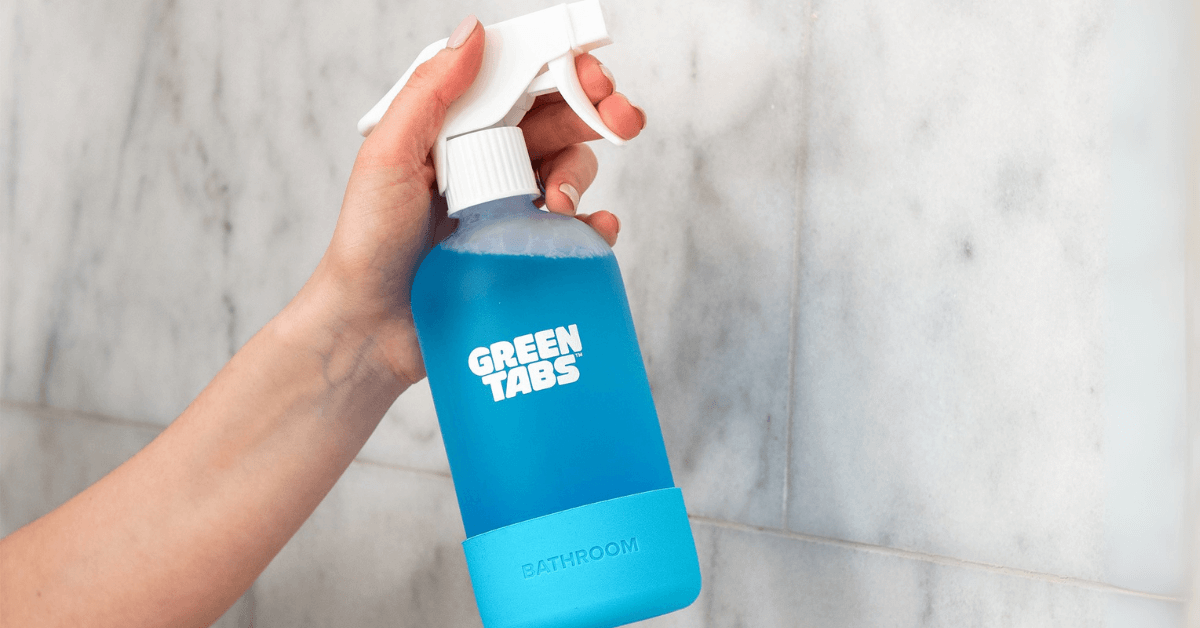
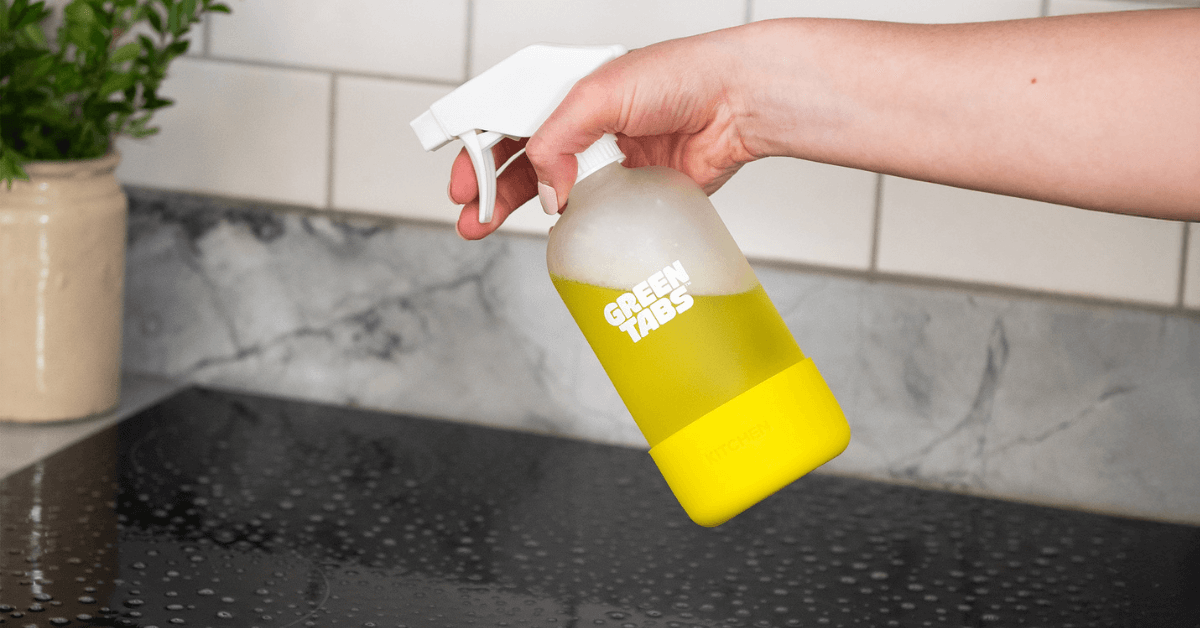
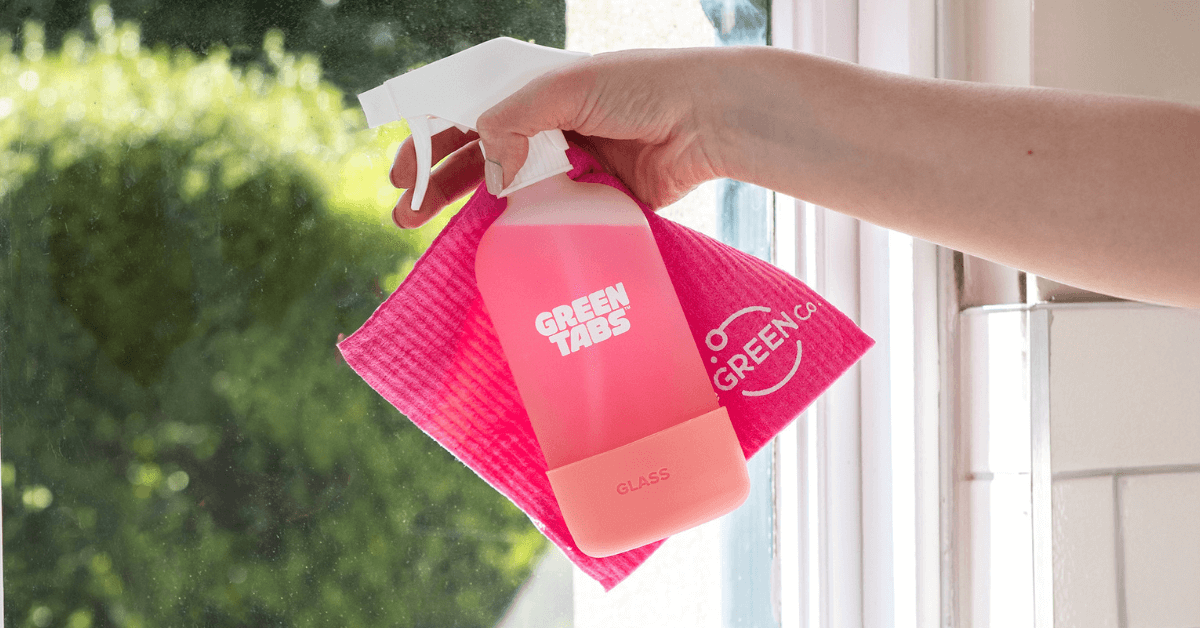

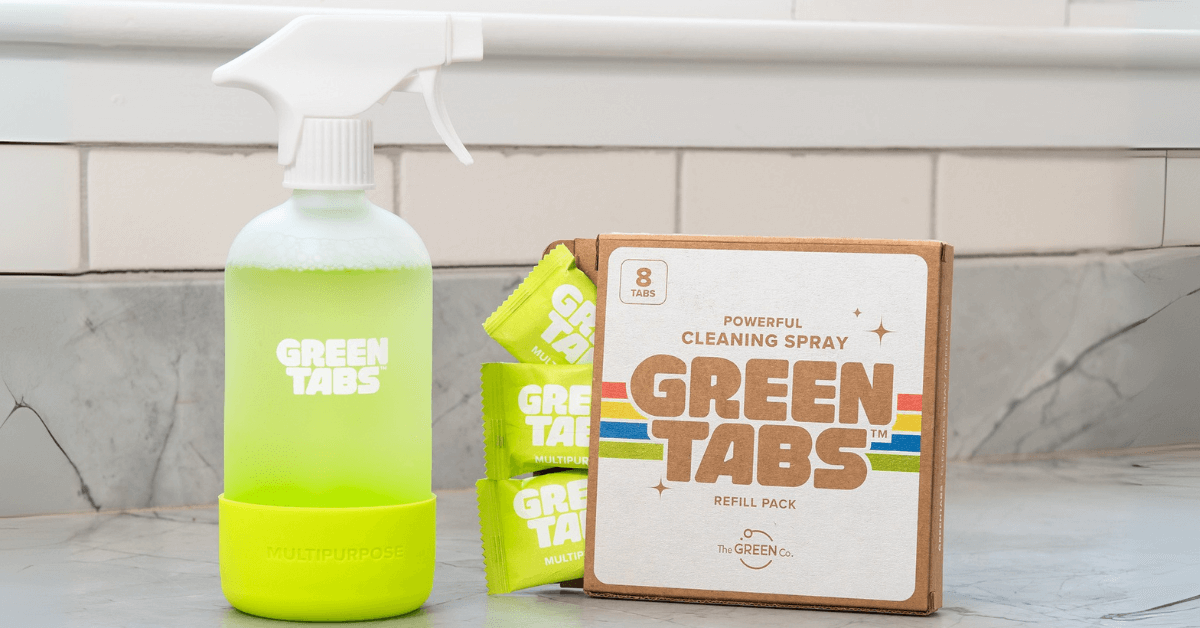
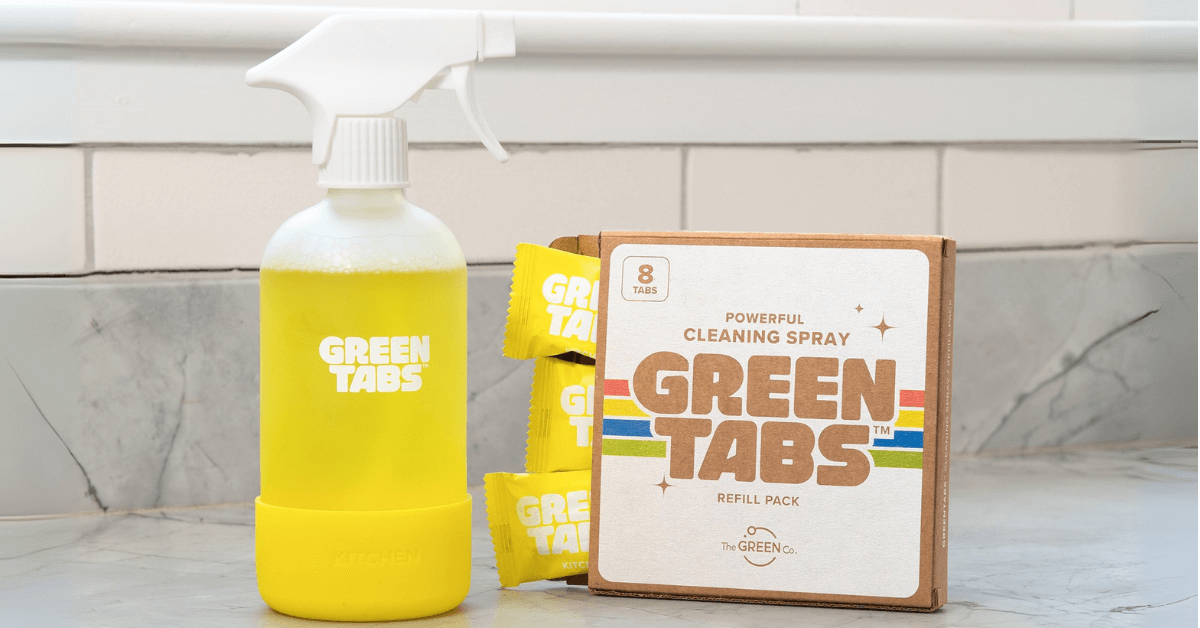
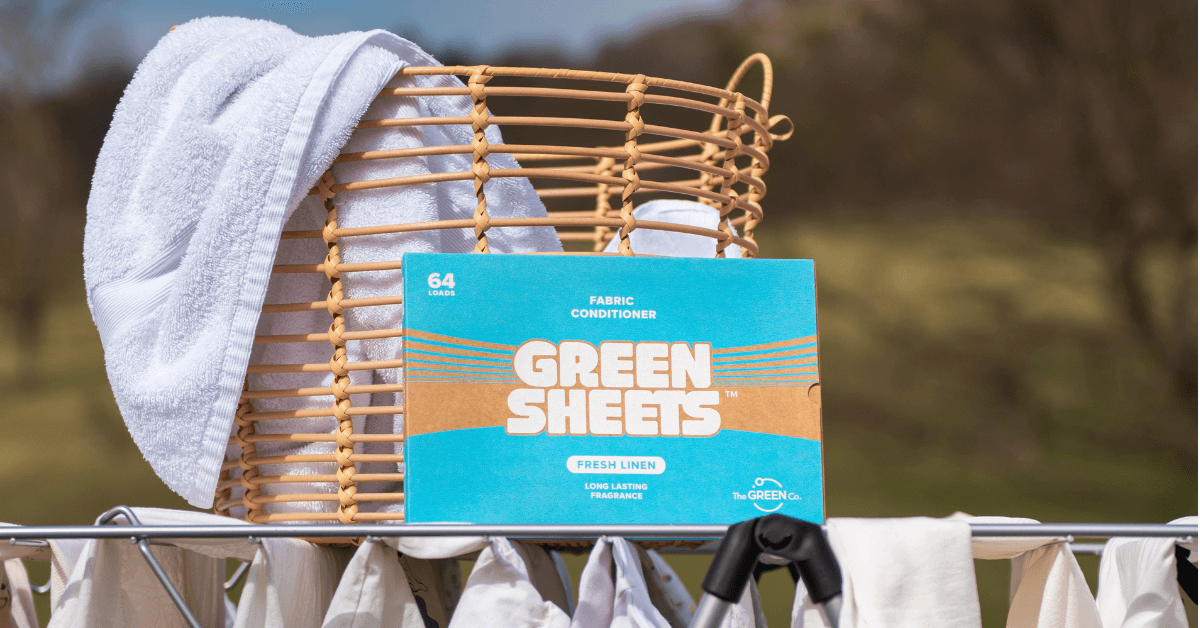
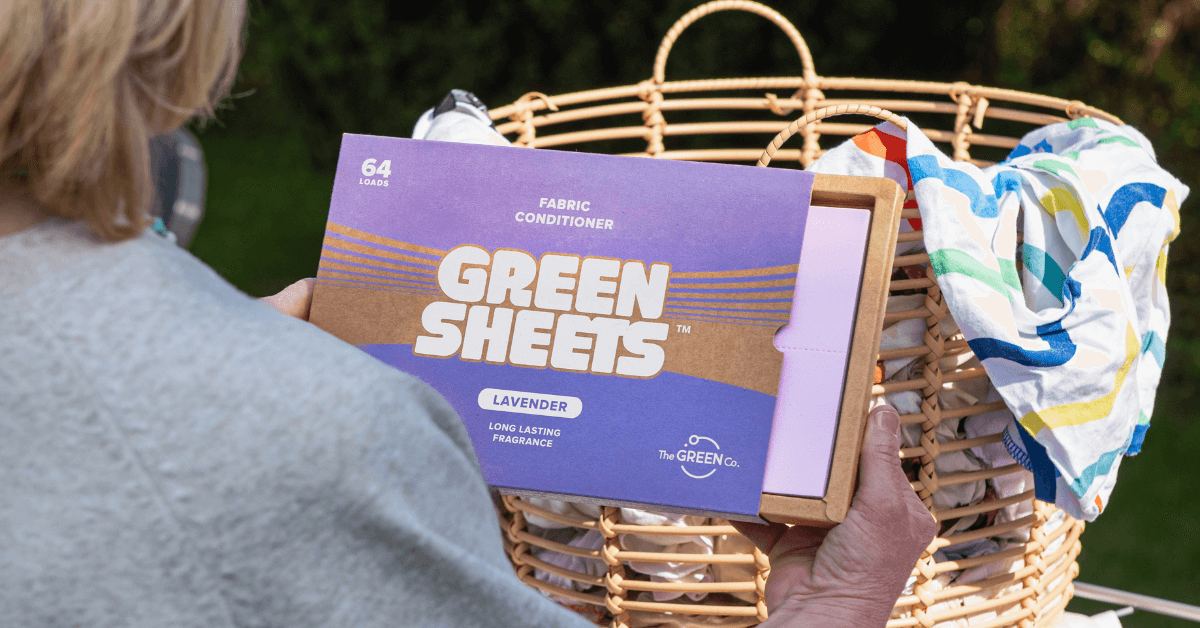
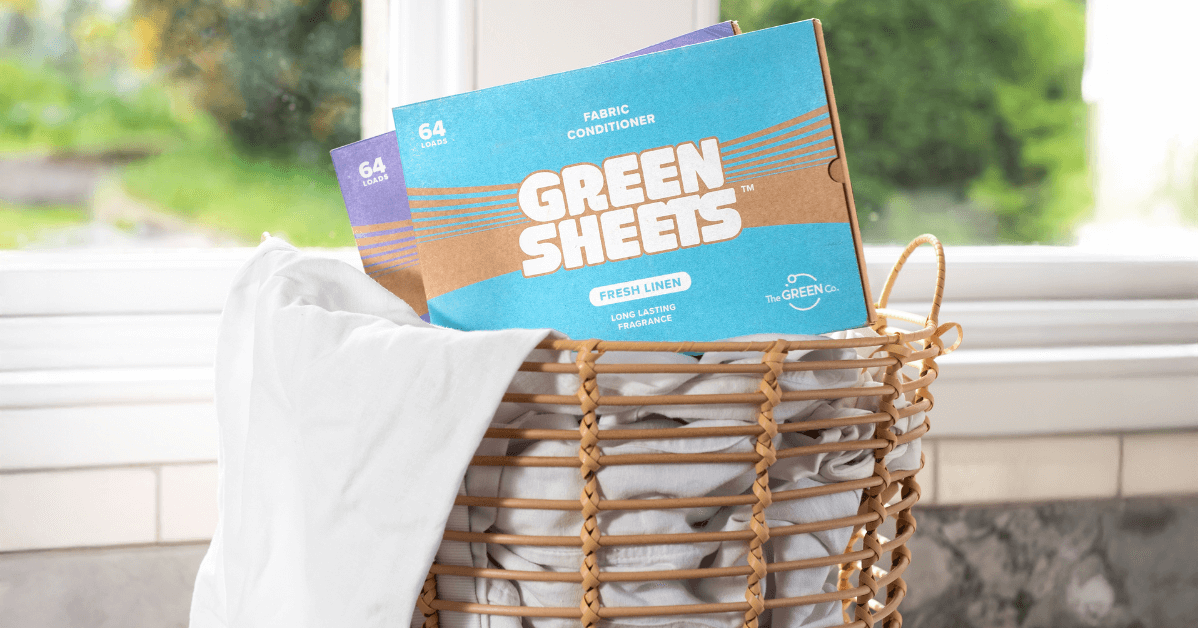

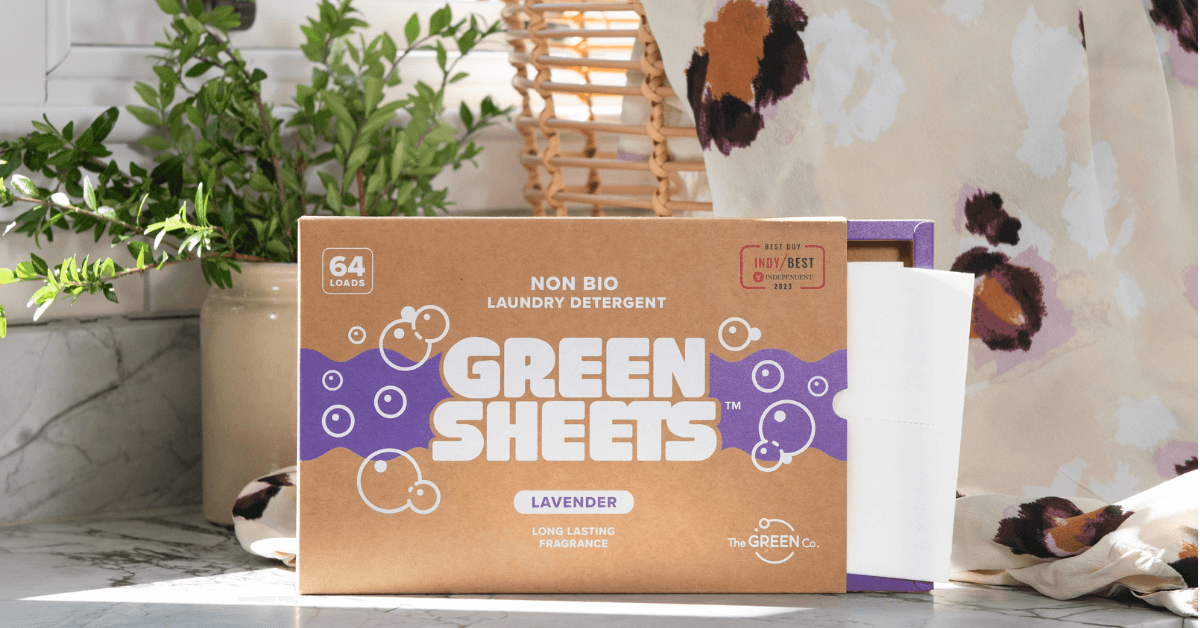
Commenti
{Commenti
My clothes are mainly black. Do the sheets contain bleach or optical brightners?
My clothes are mainly black. Do the sheets contain bleach or optical brightners?